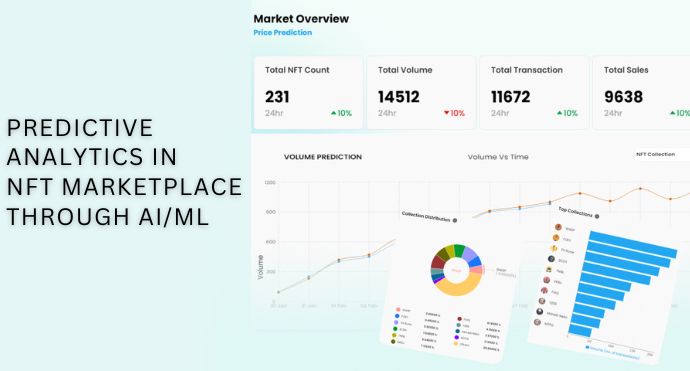AI, or Artificial Intelligence, has sparked intense debates as it holds the potential to profoundly transform numerous sectors, including healthcare. In India, AI is already beginning to reshape the healthcare landscape by offering innovative solutions to address significant industry challenges. According to NASSCOM, a leading trade association in India, the healthcare AI market in the country is projected to witness an impressive Compound Annual Growth Rate (CAGR) of 40% by 2025.
AI and Diagnostic Accuracy:
One of the most significant contributions of artificial intelligence (AI) in healthcare revolves around improving diagnostic accuracy and facilitating early disease detection. AI-powered systems have demonstrated their ability to analyze extensive amounts of patient data, encompassing medical records, lab reports, and imaging scans with superior accuracy and speed compared to human doctors. Consequently, this facilitates more precise diagnoses and the development of personalized treatment plans. Notably, AI algorithms excel at swiftly scrutinizing medical images, effectively spotting patterns and irregularities that might elude human observation. This attribute has been particularly advantageous in enabling early cancer detection since timely intervention can significantly enhance patient outcomes.
The Rise of Virtual Assistants and Telemedicine:
AI-powered virtual assistants have revolutionized doctor-patient interactions, especially in the realm of telemedicine. These virtual assistants, equipped with natural language processing capabilities, can engage in real-time patient conversations, collect their medical histories, and provide initial assessments. This not only reduces the burden on doctors but also ensures efficient time utilization. Furthermore, telemedicine platforms enhanced by AI can remotely monitor patients’ vital signs, enabling physicians to provide personalized care from a distance. This is particularly beneficial in rural areas where access to healthcare is limited.
Boosting Administrative Efficiency and Reducing Costs:
AI technologies have also played a crucial role in improving administrative processes and reducing healthcare costs. Intelligent automation and machine learning algorithms can streamline appointment scheduling, medical billing, and record-keeping tasks, reducing human error and administrative burdens. AI-powered chatbots integrated into healthcare websites and applications can offer round-the-clock customer service, improving patient satisfaction and freeing up personnel time.
Enhancing Treatment and Patient Monitoring:
AI algorithms can develop personalized treatment plans based on patient data and scientific research. By reviewing a sizable amount of medical literature and clinical trials, AI can offer doctors evidence-based suggestions for the best treatment techniques. Additionally, AI-based wearable technology can continuously track a patient’s health indicators, providing clinicians with real-time insights and detecting any irregularities. This can improve patient outcomes and lower overall healthcare expenditures.
Conclusion:
AI is significantly transforming healthcare in India, improving patient care and assisting medical practitioners. However, there is still a long way to go in fully utilizing AI’s potential, and further research and technological advancements are needed. As we continue to explore the potential of machine learning and AI, we can expect to see even more improvements in diagnostic precision, early disease identification, and administrative efficiency. The future of healthcare in India is bright, with AI leading the way.



